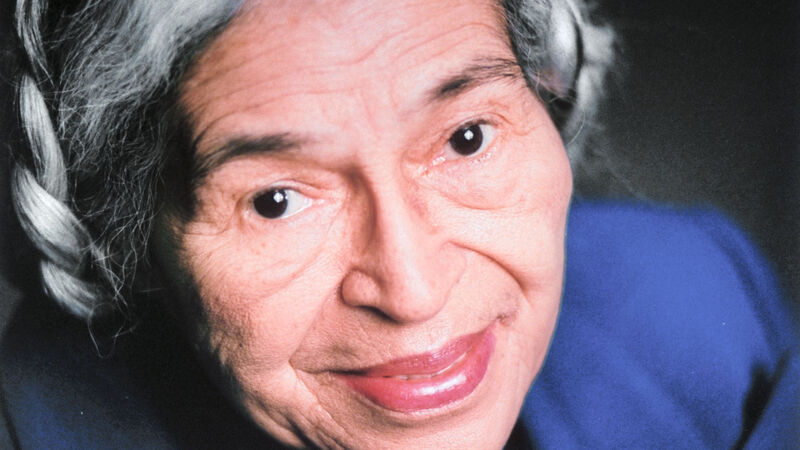Paul Hosford: Rosa Parks and Nazis – why words used in the Dáil matter

Civil rights veteran Rosa Parks. Picture: Taro Yamasaki//Time Life Pictures/Getty Images
When Rosa Parks refused to move seats on a Montgomery, Alabama, bus in 1955, she struck a defining blow in the civil rights movement in the US.
But what many fail to see is that Ms Parks' actions did not solve the issues of suffrage, of equality or of racism. What followed the Montgomery Bus Boycott was a decade of violence, protest and, in too many cases, murder of black Americans.













